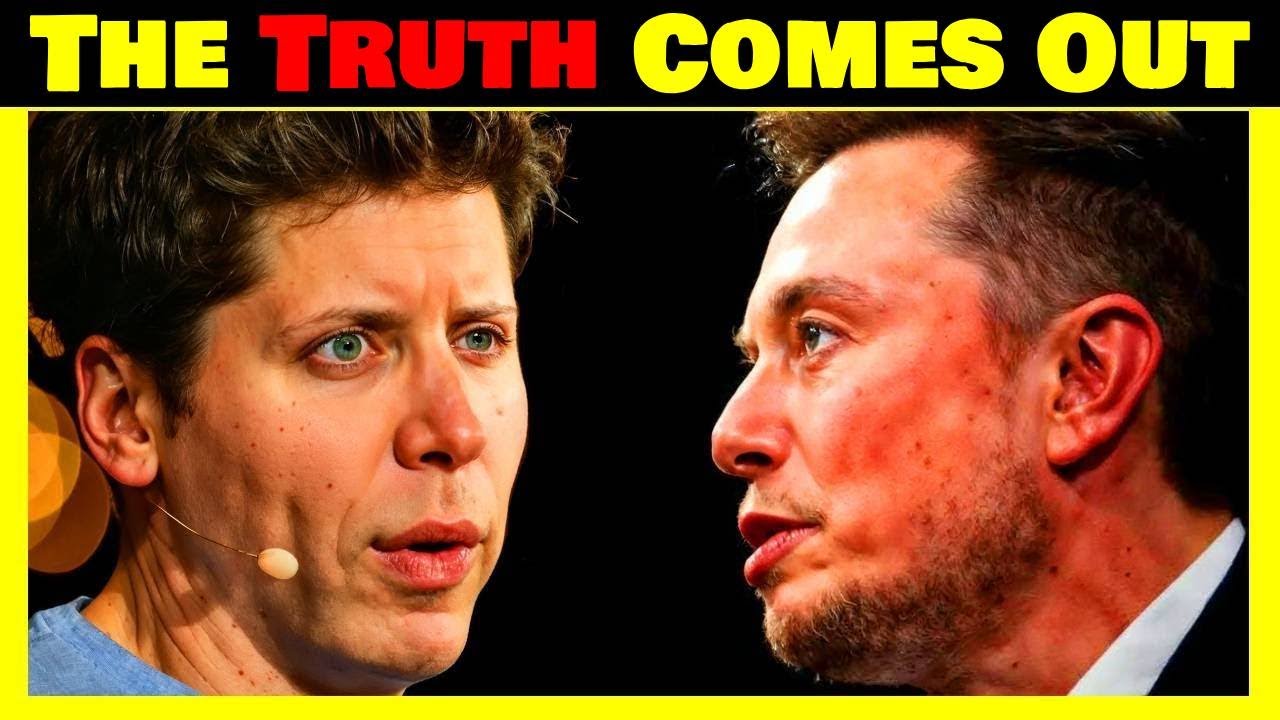Elon Musk has made a $97.4 billion bid to acquire OpenAI, which Sam Altman has rejected, suggesting instead a purchase of Twitter for $9.74 billion, raising questions about Musk’s true intentions. Altman insists that OpenAI will remain a nonprofit despite Musk’s offer, which he views as a tactic to slow down the organization’s progress rather than a genuine acquisition attempt.
The ongoing conflict between Elon Musk and Sam Altman regarding the control of OpenAI has escalated, with Musk making a significant bid of $97.4 billion to acquire the organization. Altman has publicly rejected this offer, suggesting instead that they would purchase Twitter for $9.74 billion if Musk is interested. This back-and-forth has raised questions about Musk’s intentions, with some speculating that he is attempting to inflate OpenAI’s valuation to prevent a discounted sale of its shares as it transitions from a nonprofit to a for-profit structure.
Altman maintains that OpenAI is not for sale and insists that the nonprofit aspect will remain intact despite the ongoing discussions about its future structure. He views Musk’s bid as a competitive tactic aimed at slowing down OpenAI’s progress rather than a genuine acquisition attempt. Altman emphasizes that the nonprofit mission will continue to be a priority, and the board is exploring various options for the organization’s next phase.
On Musk’s side, his legal team asserts that the offer is serious and backed by credible investors, including his own AI company, xAI Corp, and other notable financial groups. The bid is structured as a cash offer, which eliminates the need for third-party financing, making it more appealing for OpenAI’s board to consider. However, skepticism remains regarding Musk’s ability to raise such a substantial amount, especially following his $44 billion acquisition of Twitter.
Musk has indicated that he might withdraw his offer if OpenAI’s board commits to preserving its nonprofit mission and halts the transition to a for-profit model. This suggests that his bid could be a strategic move to maintain the nonprofit structure rather than a straightforward acquisition attempt. Analysts speculate that Musk’s actions may serve to raise the perceived value of OpenAI, thereby complicating any potential sale or transition.
As the situation unfolds, both Musk and Altman are engaged in a high-stakes game of strategy, with Musk’s bid potentially serving multiple purposes: pressuring OpenAI, raising its valuation, and slowing down competition as he prepares to launch his own AI product, Grok 3. The dynamics of this rivalry are being played out in real-time, providing a unique glimpse into the competitive landscape of AI development and the personal ambitions of its key players. The outcome remains uncertain, but the implications for the future of AI and its governance are significant.
